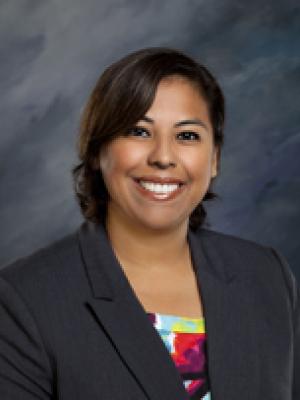We’re Stronger Together
With your help, we can advance education and improve student success in our community.


Assistant Clinical Professor, School of Public Health
With your help, we can advance education and improve student success in our community.